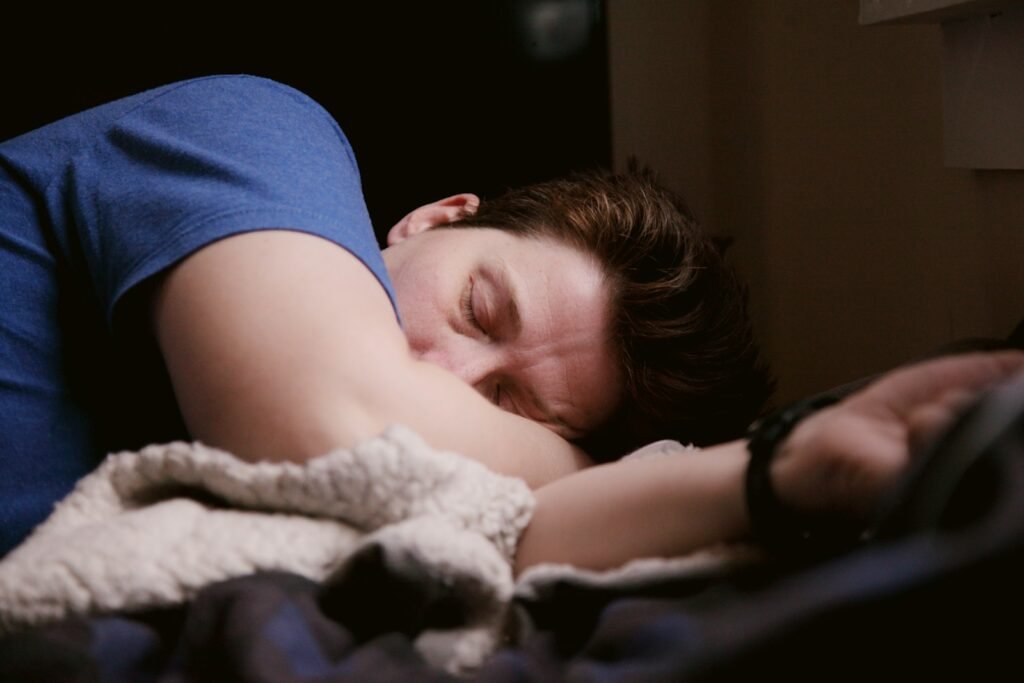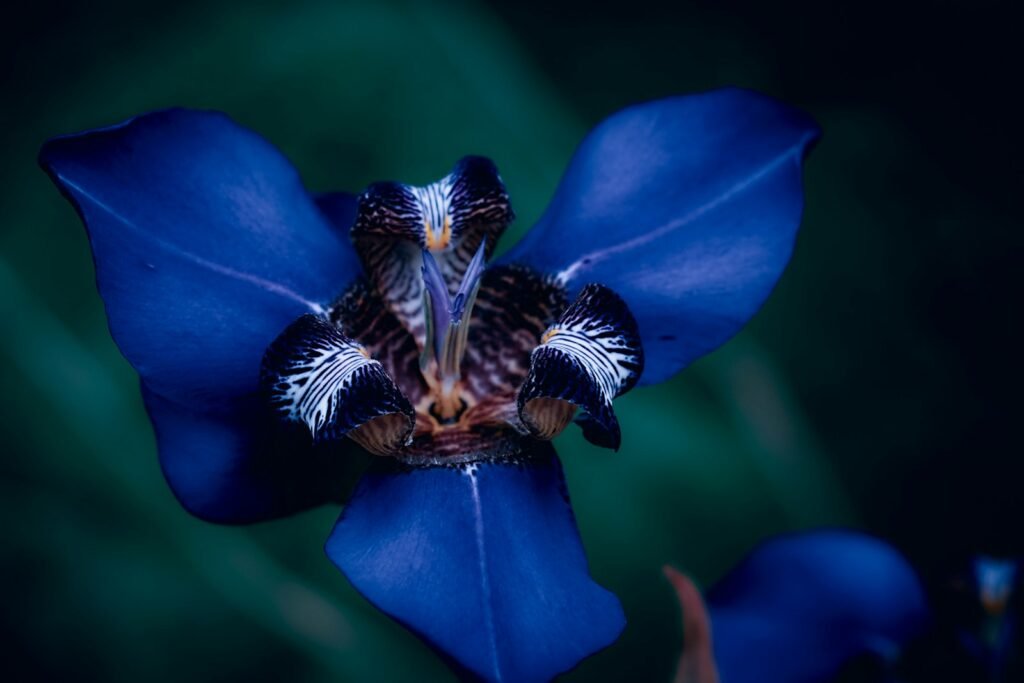Imagine a world where humans never need to sleep. No more groggy mornings, no more lost productivity during the dark hours, no more missing out on life for eight precious hours each night. It sounds like science fiction, but recent discoveries about rare genetic mutations that allow some people to function perfectly on just four hours of sleep have scientists wondering whether humanity could naturally evolve beyond the need for rest. These “short sleepers” represent a tantalizing glimpse into a future where sleep might become optional rather than essential.
The Genetic Blueprint of Sleepless Superhumans

Scientists have discovered something remarkable lurking in the DNA of a select few individuals. A natural short sleeper requires around four to six hours of sleep per night. Not only do they thrive on less sleep than the rest of the human population, but they also tend to feel worse if they sleep for longer than their normal hours. These aren’t people who’ve trained themselves to wake up early or forced themselves into unhealthy sleep patterns.
In 2009, UC San Francisco neurology professor Ying-Hui Fu, PhD, discovered a mutation in the gene DEC2 in a family of natural short sleepers – people who go to bed at a normal time (11 p.m. to midnight) but wake up naturally at 5 in the morning. “These are not people who’ve trained themselves to wake up early. They’re born this way,” says Fu. Think of it like having a more efficient engine in your car – they simply need less fuel to run at full capacity.
What makes these genetic variations so fascinating is their precision. “Our bodies continue to work when we go to bed,” detoxifying themselves and repairing damage, study co-author Ying-Hui Fu, a neuroscientist and geneticist at the University of California, San Francisco, told Nature. “These people [natural short sleepers], all these functions our bodies are doing while we are sleeping, they can just perform at a higher level than we can”. It’s as if evolution has already begun experimenting with ways to streamline one of our most time-consuming biological requirements.
The Molecular Machinery Behind Minimal Sleep
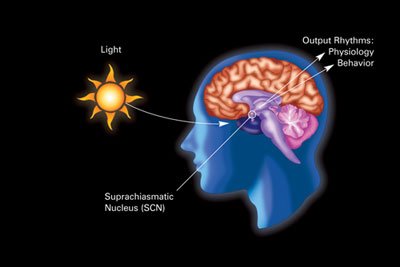
Previous studies have identified four genes associated with short sleep and five relevant mutations within those genes. The newly identified mutation affects a fifth gene, Sik3, which has previously been linked to sleepiness. Each discovery adds another piece to the puzzle of how our bodies regulate sleep and wakefulness. The mechanisms are surprisingly complex – involving everything from hormone production to brain cell activity.
One of the most intriguing discoveries involves how these mutations affect orexin, a crucial brain chemical that keeps us awake. Fu says the mutation seen in human short sleepers weakens DEC2’s ability to put the breaks on MyoD1, leading to more orexin production and causing the short sleepers to stay awake longer. “The role of DEC2 is likely to make sure orexin is expressed in the right amount at the right time of day. It’s the time-keeper to make sure orexin levels match the circadian rhythm,” she explains. It’s like having a master clock that runs on a completely different schedule.
The latest research has identified one of these mutations, named SIK3-N783Y, in a human super-sleeper. The team then studied the mutation in genetically modified mice and found that the mice carrying this mutation also got less shut-eye, according to a new study. The newly identified mutation is one of several that researchers have linked to shorter sleep patterns. When scientists test these mutations in laboratory animals, the results consistently show reduced sleep duration, proving that genetics truly does control our sleep needs.
Why Evolution Gave Us Sleep in the First Place

To understand whether humans could evolve without sleep, we first need to grasp why evolution saddled us with this vulnerability in the first place. Sleep limits defense against predation, foraging for food and mating. Therefore, there is a strong selective pressure not to sleep. Nevertheless, since sleep is highly conserved across evolution, an even greater selection pressure must exist to maintain this behavior. This suggests that sleep serves functions so critical that the benefits outweigh the obvious costs.
Evolution quickly devised a way for organisms, particularly animals to change physiology each day – they go to sleep. It is as if evolution were saying ‘Pick one, either day or night, and optimize your structure, function and behavior for that environment, then get away from the one you did not choose, to avoid attempting to optimize to both’. Sleep essentially allows us to become two different organisms – one adapted for daytime activities and another for nighttime recovery.
The evolutionary pressure to sleep runs incredibly deep. Cnidarians are radially symmetric, and they represent the most phylogenetically ancient animals to possess a nervous system. Thus, if sleep can be confirmed in cnidarians then it may have co-evolved with neurons, perhaps to perform functions related to sensory amplification and information storage suggested above. This means sleep might have evolved alongside the very first nervous systems, making it one of biology’s oldest and most fundamental processes.
The Hidden Costs of Natural Selection
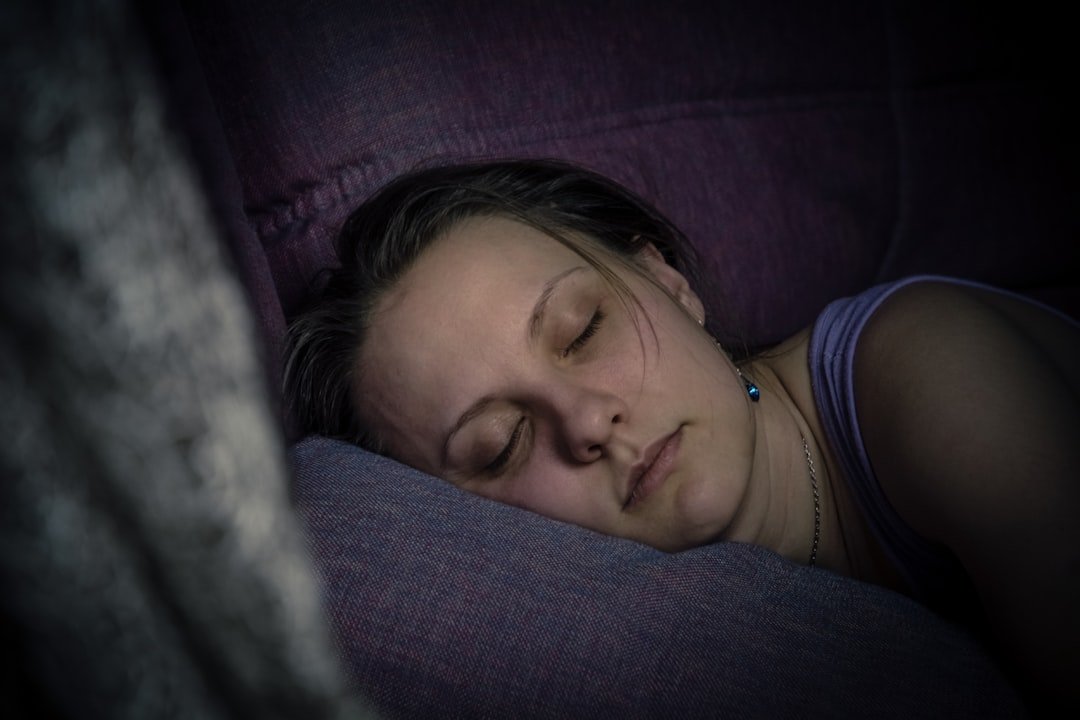
Here’s where the story gets complicated. Early research, particularly from the lab of Ying-Hui Fu, named several mutations as causing heritable short sleep in studied families. These mutations implicated the genes DEC2/BHLHE41, ADRB1, NPSR1, and GRM1. However, subsequent biobank research showed that other carriers of these mutations or of different high-impact mutations in the same genes do not exhibit any reduction in sleep duration. This indicates that the short sleeper phenotype in the original case reports had a different basis. The genetics of sleep turns out to be far more complex than initially thought.
Even more sobering is the realization that current genome-wide association studies suggest that sleep behaviors such as sleep length are highly polygenic, with most heritability explained by variants with small effects. The largest non-pathogenic genetic effect on sleep duration found to date is a change of 2.44 or 3.24 minutes associated with variation in the PAX8 gene. This suggests that dramatically reducing sleep requirements might require coordinated changes across hundreds or thousands of genes simultaneously.
It is estimated that less than 1 percent of the population has the trait. In the U.S., natural short sleepers are a small part of a larger group comprising 30–35% of the population who sleep less than recommended. The rarity of true short sleepers indicates that evolution hasn’t yet found a simple path to sleeplessness, even though the advantages seem obvious.
The Paradox of Sleep’s Essential Functions
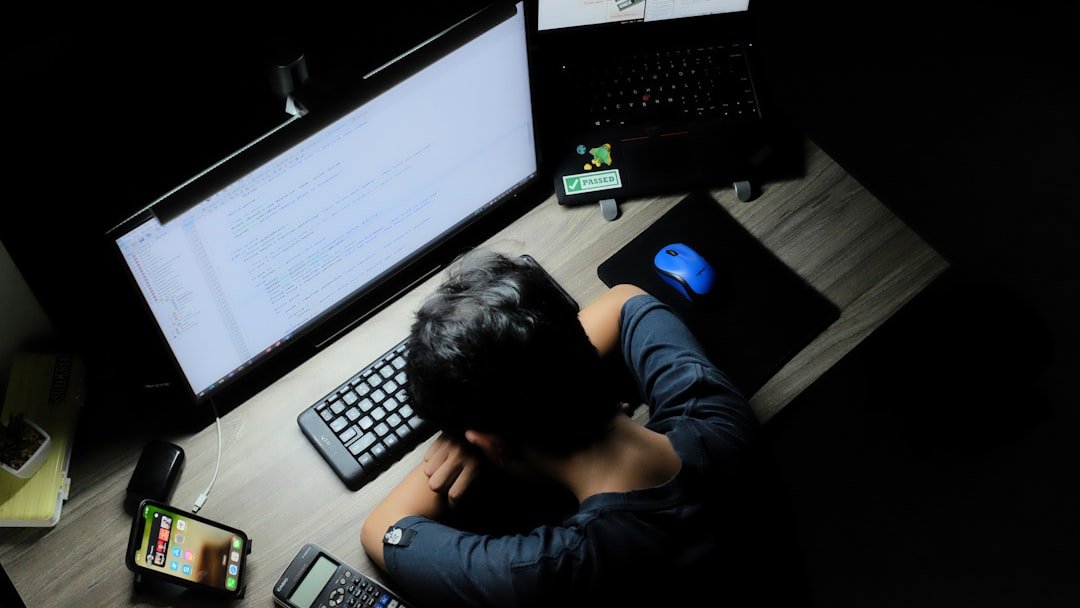
Sleep appears to be fundamental to animal life, yet little is known about how sleep has evolved throughout the animal kingdom. In diverse animal taxa, poor sleep can have detrimental effects on development, cognitive abilities and life span, and it is now appreciated that normal sleep is fundamental to healthy physiology and bodily function. Every attempt to eliminate sleep completely has ended in disaster for the organism involved.
The functions that sleep serves go far beyond simple rest and recovery. microarray studies have demonstrated that extended waking in animals as distantly related as flies, birds and mammals causes upregulation of brain transcripts involved in energy homeostasis, cellular stress responses and synaptic plasticity in the brain. In contrast, messenger RNAs involved in synaptic depression and macromolecular biosynthesis are downregulated during the same period relative to sleep. Sleep isn’t just downtime – it’s an active process of cellular maintenance and neural reorganization.
Perhaps most telling is what happens when animals are completely deprived of sleep. The most striking of these is that animals deprived entirely of sleep lose all immune function and die in just a matter of weeks. This suggests that whatever sleep does, it’s so fundamental to life that organisms simply cannot survive without it, regardless of how inconvenient or dangerous it might be.
Current Evolutionary Constraints and Opportunities

Genetic mutations are the instrument by which nature adds new variations to life. If the mutations give rise to advantageous traits, they get passed down through successive generations and can spread throughout the entire population of a species. Evolution just wouldn’t be possible without mutations springing up now and again to bestow new attributes on creatures. The question is whether sleeplessness represents such an advantageous trait.
The evidence suggests it might. Scientists estimate that each human acquires roughly 100-200 new mutations per generation. Most of them are benign and negligible, but every so often a mutation expresses itself in the form of a seemingly superhuman ability. Short sleepers represent exactly this kind of beneficial mutation – one that provides a clear survival advantage in our modern world.
Genetic mutations introduce new genetic variations that can lead to novel traits within populations. These variations may provide certain advantages that enhance an individual’s survival and reproductive success. Over generations, such advantageous traits become more common within the population, contributing to human evolution by adapting to changing environments and challenges, thus shaping the diversity of human capabilities and characteristics. In an era where time is increasingly valuable, the ability to function on minimal sleep could provide significant evolutionary advantages.
Technological Acceleration of Evolution
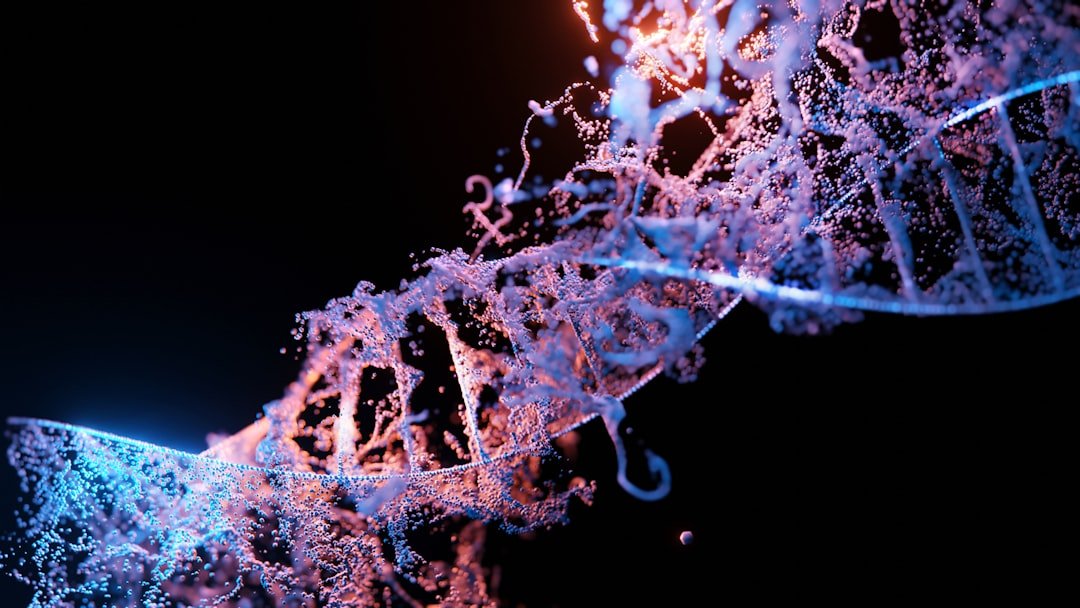
What makes the prospect of sleepless humans particularly intriguing is the potential for technology to accelerate what evolution might take millennia to accomplish naturally. Researchers have identified certain genes that appear to control the length of sleep periods, and with the power of CRISPR and other gene-editing technologies growing by leaps and bounds, it’s hardly beyond science fiction to see a future in which these genes are modified to make people short sleepers – or even make them somnambulistically unnecessary. Yet messing around with the human genome is risky business. Ethical considerations of genetic engineering are still a highly debated topic, and no one can claim that reducing our need for sleep wouldn’t come with deleterious side effects.
The war against sleep is inextricably linked with debates over human enhancement, because an eight-hour consolidated sleep is the ultimate cognitive enhancer. Sleepiness and a lack of mental focus are indistinguishable, and many of the pharmaceutically based cognitive enhancers on the market work to combat both. If only it were possible for the restorative functions that happen during sleep to occur simply during waking hours instead. The challenge isn’t just reducing sleep time – it’s maintaining all the critical functions that sleep provides.
Artificial intelligence and advanced sleep monitoring are already beginning to unlock the mysteries of sleep optimization. While the technology is still maturing, AI is already making significant impacts in sleep research, consumer sleep technologies and services, treatments and disorder management, and hospitality experiences. AI-driven algorithms are driving new solutions, such as EnsoData, that analyze polysomnography (PSG) data more efficiently, helping detect sleep disorders like sleep apnea and insomnia with higher accuracy. Advancements in sleep medicine: Artificial intelligence enables analysis of “big data,” which combines clinical, environmental and laboratory-based objective measures to allow a deeper understanding of sleep and sleep disorders.
The Societal Implications of Sleepless Humans

If humans did evolve to need less or no sleep, the social implications would be staggering. Let’s imagine we managed to design technology that lets us eradicate sleep. Who has access to it? It is very expensive or hard to produce? That way, we’d have a society where only the few rich use their eyes and not sleep much, being open, sleepless superhumans who can play and work day and night, whereas the rest is doomed to these old rhythms of sleeping and wakening. This kind of inequality could, in turn, worsen the already present divisions in society.
The psychological effects could be equally profound. Will it mean that, in that sleepless future, our mental health goes down the drain? Or could we find new ways to replicate some of the emotional benefits that occur when we are unconscious, without needing to be unconscious? Dreams, downtime for psychological processing, and the natural rhythm of rest and activity might all need to be artificially replicated or replaced.
Think of the time you’d gain-a third of your life, suddenly free. What could one do with so much extra time? How about competing with someone who has 24 hours in their day and you only have 16? Could sleeplessness be the ultimate privilege? The competitive advantage of never needing sleep could fundamentally reshape human society, creating new forms of inequality based on genetic or technological access to wakefulness.
Future Pathways and Possibilities
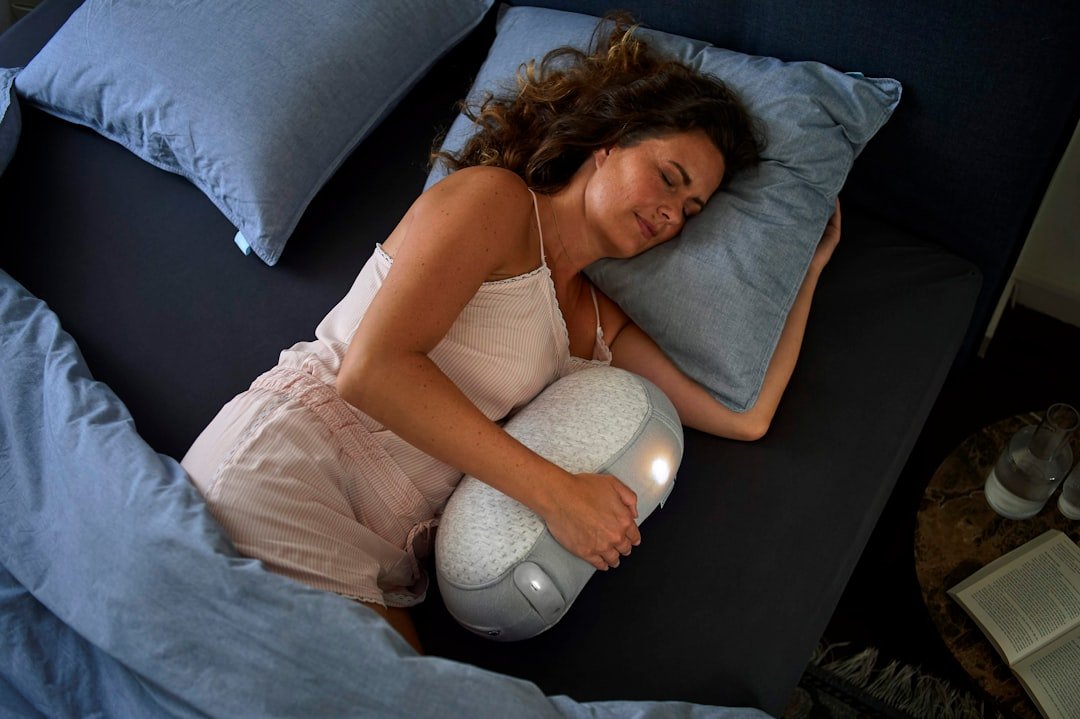
One of the most valuable outcomes of work on sleep deprivation is the emergence of clear individual differences – groups of people who reliably perform better after sleepless nights, as well as those who suffer disproportionately. The division is quite stark and seems based on a few gene variants that code for neurotransmitter receptors, opening the possibility that it will soon be possible to tailor stimulant variety and dosage to genetic type. This suggests that the path to sleeplessness might not be universal but could be personalized based on individual genetic profiles.
The technology to support sleepless humans is advancing rapidly. Artificial sleep is no longer science fiction. With our multidisciplinary research – from neuroscience to AI and wearables – Metti RnD is turning the vision of sleep control into reality. Together, we can unlock the potential hidden in the hours we rest, enhance quality of life, and offer non-drug solutions for better mental and physical well-being. Researchers are developing ways to trigger artificial deep sleep states and even control dreams through technology.
As we look to the future, artificial intelligence (AI) is set to play a significant role in enhancing our sleep experiences. With the ability to analyze sleep data and make recommendations, AI can be a game-changer. By processing vast amounts of data, AI can provide tailored advice to improve sleep. The combination of genetic understanding and AI-driven optimization could create personalized pathways to minimal sleep that preserve all the essential functions while maximizing waking hours.
The Ultimate Question: Should We Even Try?
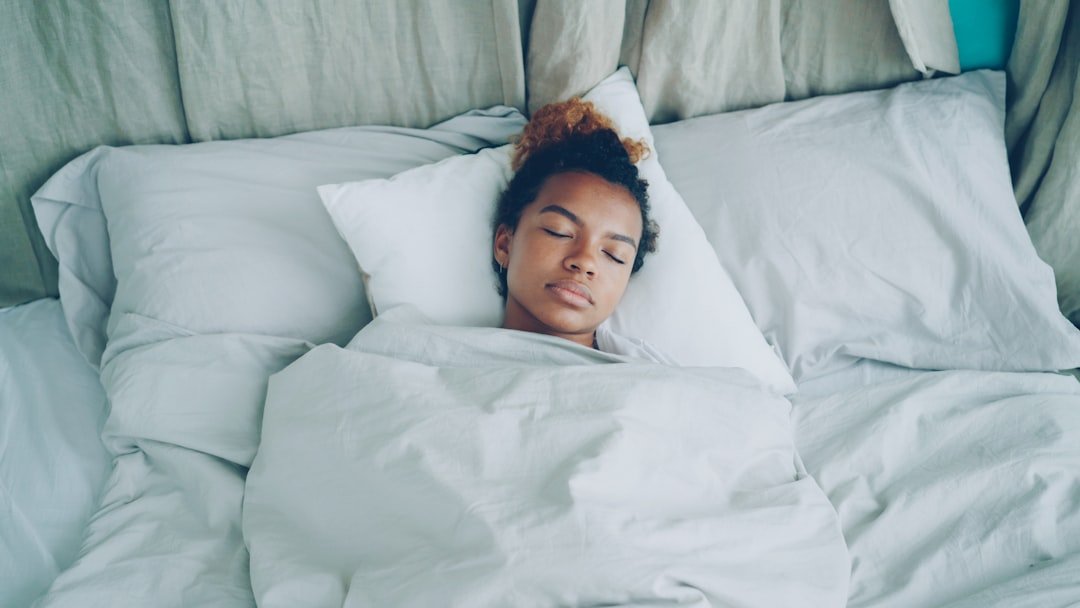
Every hour we sleep is an hour we are not working, finding mates, or teaching our children; if sleep does not have a vital adaptive function to pay for its staggering opportunity cost, it could be ‘the greatest mistake the evolutionary process ever made’, in the words of Allan Rechtschaffen, the pioneering sleep researcher and professor of psychiatry at the University of Chicago. This perspective views sleep as an evolutionary burden that modern humans might finally be able to shed.
Yet the evidence suggests otherwise. Nonetheless, core functions of sleep are likely to have arisen early and to have persisted to the present day in diverse organisms. This review will discuss the evolutionary forces that may be responsible for phylogenetic differences in sleep and the potential core functions that sleep fulfills. The fact that sleep has persisted across hundreds of millions of years of evolution, despite its obvious costs, suggests it serves functions we may not yet fully understand.
Could humans really evolve to live without sleep, or would we discover that some biological functions are simply too fundamental to eliminate?

Suhail Ahmed is a passionate digital professional and nature enthusiast with over 8 years of experience in content strategy, SEO, web development, and digital operations. Alongside his freelance journey, Suhail actively contributes to nature and wildlife platforms like Discover Wildlife, where he channels his curiosity for the planet into engaging, educational storytelling.
With a strong background in managing digital ecosystems — from ecommerce stores and WordPress websites to social media and automation — Suhail merges technical precision with creative insight. His content reflects a rare balance: SEO-friendly yet deeply human, data-informed yet emotionally resonant.
Driven by a love for discovery and storytelling, Suhail believes in using digital platforms to amplify causes that matter — especially those protecting Earth’s biodiversity and inspiring sustainable living. Whether he’s managing online projects or crafting wildlife content, his goal remains the same: to inform, inspire, and leave a positive digital footprint.

